
Developers: THQ Nordic, Gunfire Games
Publishers: THQ Nordic, THQ
Platform: PC, PS4, Xbox One, Switch
Tested On: PC (Steam)
Chronos: Before The Ashes – Review
First released back in 2016, Chronos: Before the Ashes is a souls-like RPG which has now been ported to modern consoles and PC. Originally known only as Chronos, the game serves as a prequel for the 2019 souls-like shooter Remant: From the Ashes. Intrigued by the unique leveling system, we were curious to see how this one holds up by our ‘modern’ standards.
Story
The story in Chronos: Before the Ashes is set in a post-apocalyptic world after the invasion of creatures from another world commandeered by “the Dragon”. Players control an unnamed character, chosen as the best of the tribe and tasked with defeating the beast to free the world.
Chronos takes the Dark Souls approach to storytelling (as well as in many other things), leaving snippets of lore around for players to find. These usually come in the form of books which, despite not being particularly subtle, do the trick quite nicely. That said, even with these books and the few cutscenes combined, there is not much information about the world. This is partly due to the almost complete lack of NPCs.
Graphics
As expected from a title with its origins in VR, Chronos’ graphics are quite good, although at times textures may take some time to load. The four different areas are quite unique and different from each other, with great attention to detail and new enemies in each. Said enemies are also quite unique while sharing themes common to their areas. The same applies to the bosses, with outstanding visuals still related to those themes.
Sound
Surprisingly enough, Chronos is quite lacking in the sound department. All throughout the game, there is an utter lack of any backdrop, music only appearing during boss-fights. That said, the quality of what does exist is quite good, which only makes its absence a shame. SFX are present all along though, with great quality as well. These are quite varied, with plenty of different sounds for every interaction or attack. Surprisingly enough due to the small number of dialogues, or perhaps because of it, the game also features complete voice acting throughout both conversations and cutscenes.
Gameplay
As already stated, Chronos belongs to the souls-like genre, although it also features some puzzles. That said, although these puzzles provide a break from the continuous combat, they are mostly linear, consisting of bringing object X to spot Y. There are some actual puzzles though; such as a riddle or a sliding tile one, but these are the exception rather than the rule.
Most of Chronos’ gameplay revolves around combat, which features the usual mechanics of the genre: players can use light and heavy attacks, block, dodge and employ magic. Light attacks are fast, but heavy ones deal more damage and stagger enemies. Dodging and blocking serve to evade damage, relying on the stamina bar with each use. If used in the nick of time, they also provide a temporary buff to the player’s following attack, although it rarely lasts long enough to be sensibly used.
Lastly for the combat mechanics, magic is arguably a case of wasted potential: upon casting any of the four available types, players receive buffs to their attacks, ranging from faster speed to life-stealing. Sadly, as good as this may sound, the magic must be charged by attacking or defeating large amounts of enemies. This often renders magic unusable in boss-fights unless players plan ahead and charge their meters, in which case they will still only be able to use it once.
The other mechanic presented by the game is what it sells itself on: the unique leveling system. Besides leveling through experience when defeating enemies, players also age one year upon death. Depending on how old a player is, the cost of stat points will change: Strength, Agility and Vitality will be cheaper when young and Arcane is cheaper when old.
This mostly conditions the way players build themselves, with little reason to invest in Arcane at the start due to its massive initial cost. Compared to this, Strength and Agility are arguably the most important stats, directly affecting damage. Depending on which weapon players employ, it will scale its damage based on one of the two stats. That said, the small weapon pool and the difference between them being down to preference will often mean players will stick to a single one. The other two stats affect player health and magic damage respectively, with the latter having the aforementioned issues.
On top of changing the costs of stats, aging also has other effects on players, the most important of these being traits. Every 10 years a character ages a trait will be unlocked from a selection of three, which present themselves as powerful boons, despite some being complete wastes. One of the larger issues of the game comes in how it doesn’t allow players to roll back their choices. After increasing their stats or selecting their traits these remain permanent for the rest of the game, possibly making weapons unlocked later on useless with a wrong stat distribution.
There are some other things worth mentioning, such as the possibility of upgrading weapons. By saving enemy drops and randomly found upgrade items, players can increase the damage of their weapon up to five times. Players can also use “Dragon Hearts”, found at certain points throughout the adventure, to heal up, although these are rather limited and only recharge upon death, making each use precious.
Conclusion
In conclusion, Chronos: Before the Ashes is a good game that doesn’t completely explore its potential. Those who can look past these flaws will find an enjoyable, simpler souls-like game. That said, depending on the player it may be on the shorter side, around six hours on the lower end, which may be an issue for some. The level mechanics are an original touch for the genre, but it doesn’t always hit the right notes to sell itself as exceptional.
Personal Opinion
“Chronos is a pretty entertaining game, although the combat started to grate on me due to the lack of new mechanics. I also found myself wandering aimlessly for a long time with a pair of puzzles due to my particular screen lighting settings, which made it so I couldn’t see some visual indicators. A particular qualm I had with the game was how it had very few checkpoints, mostly relying on opening shortcuts. This meant I often had to trudge through the hordes of enemies I had just killed if I ever died before opening the following shortcut, which as one may guess is not fun. It doesn’t help that the healing system is absurdly limited either, with only 4 Dragon Hearts at maximum, each heal used is a moment closer to death, which triggered my inner hoarder.
Something worth mentioning is that by the end of the game, with a maxed out character, I didn’t feel particularly powerful. All enemies, but the initial, still took the same hits to kill, I still took too large amounts of damage from anything, my magic didn’t charge any faster, and so on. The game just lacks that oomph at the end that should be obtained from grinding levels. Another complaint I’d like to get out of my system is the length of the animations, in particular the healing one. Every time a Heart is used the character sheathes, takes the item out, uses it, stores it and draws again. This means every healing takes about 2 or 3 seconds, making it VERY hard to use reliably during a boss-fight, which always occur in rather small arenas.”
Chronos: Before The Ashes - Review,
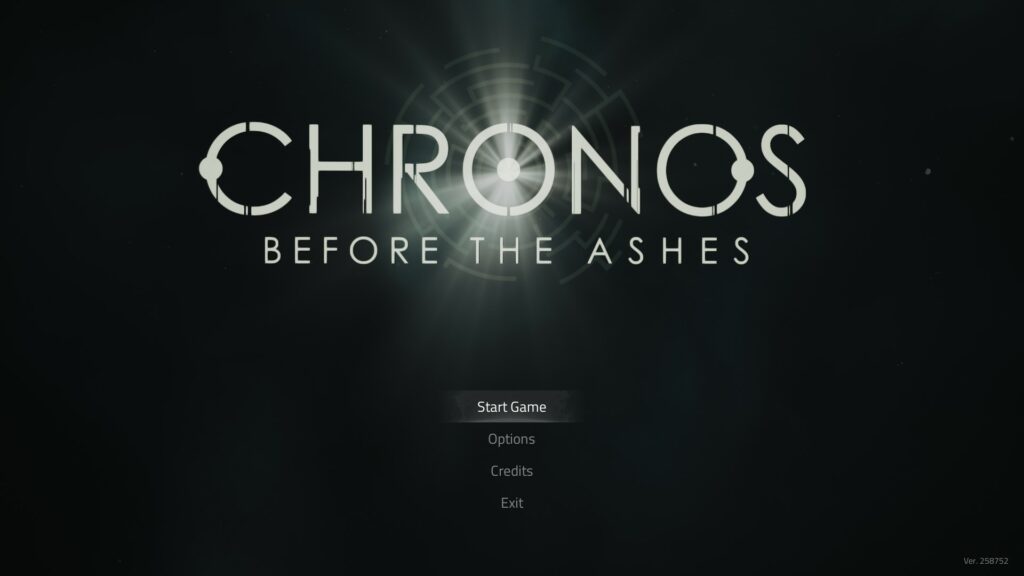
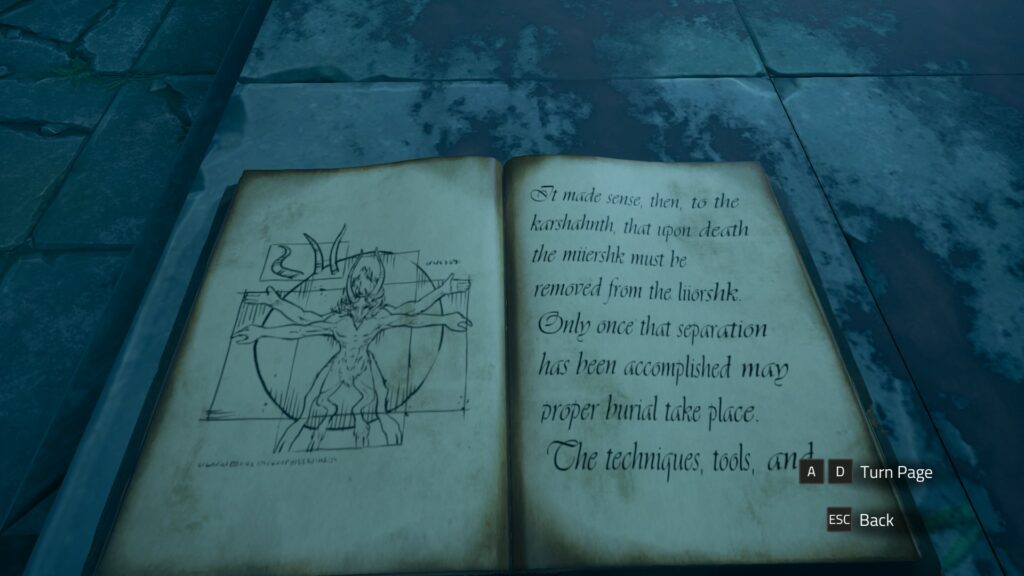
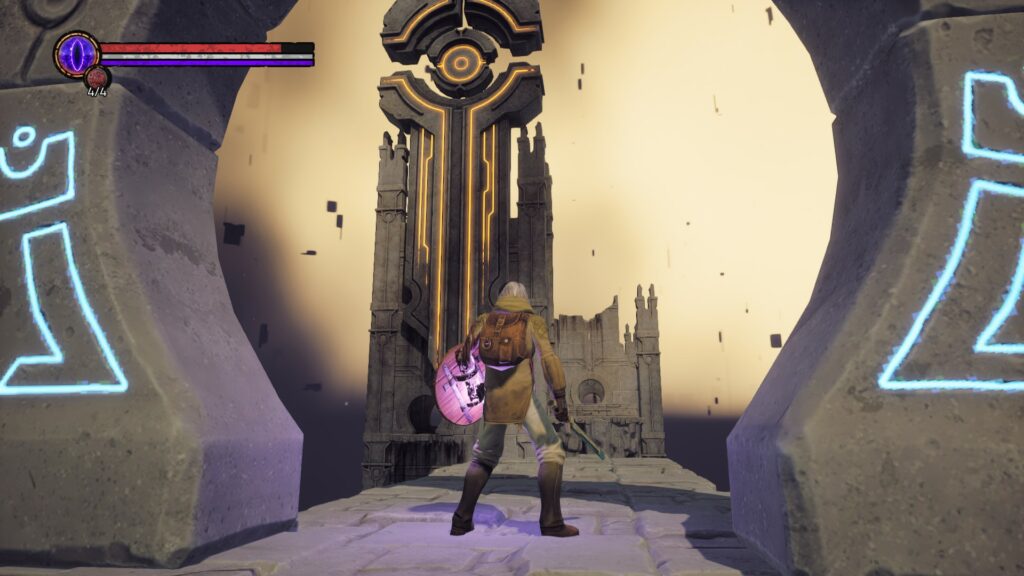
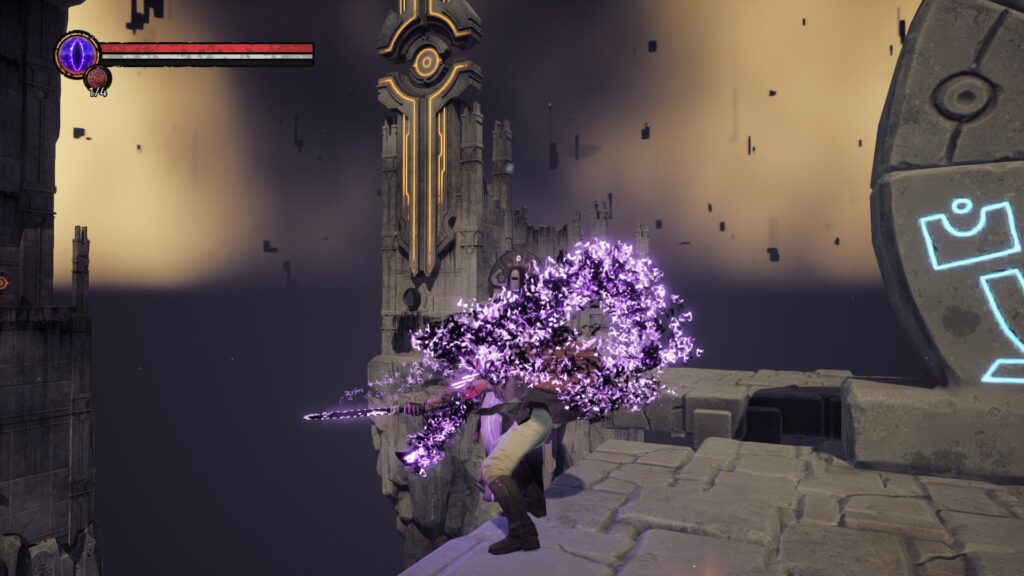
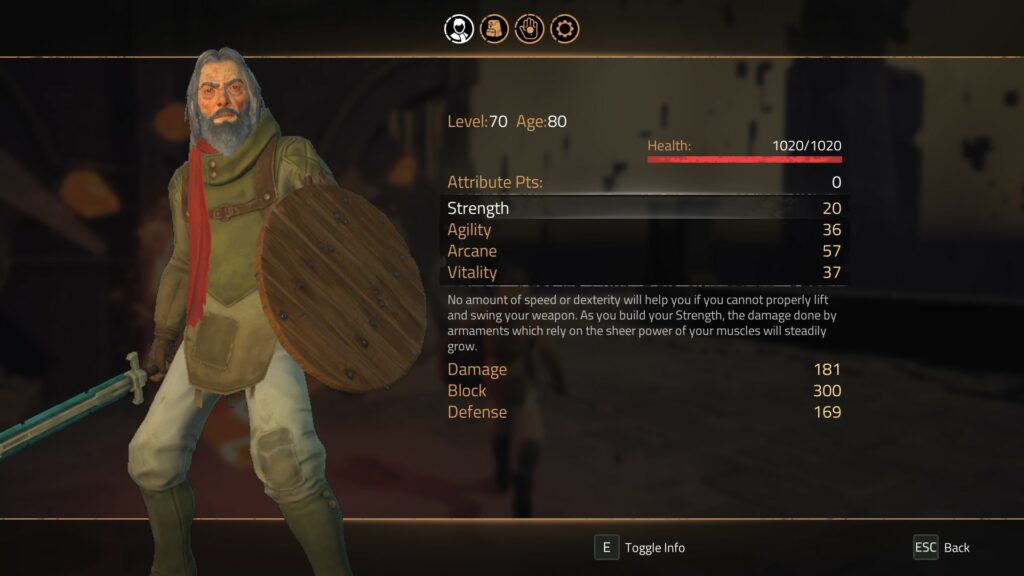
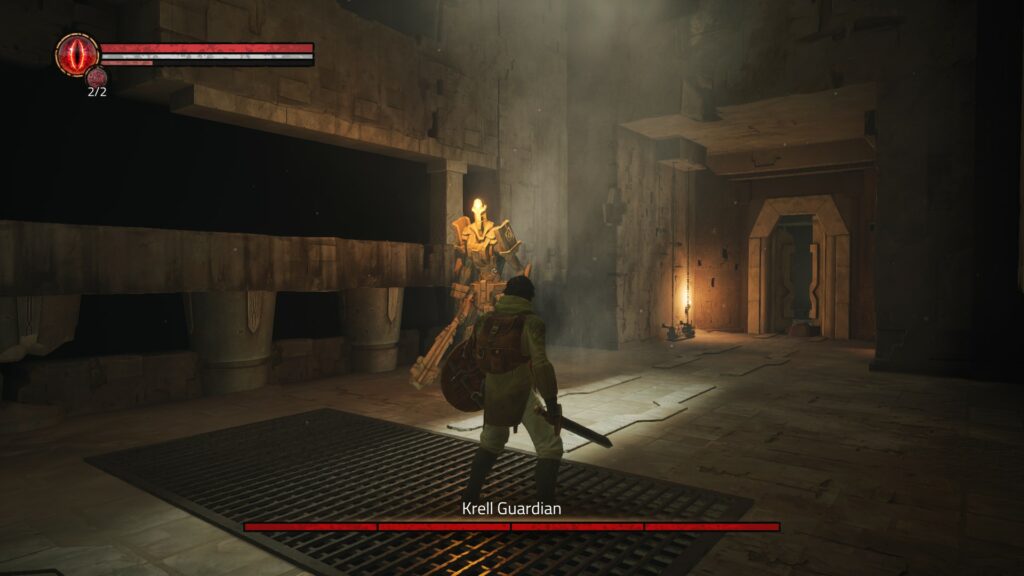

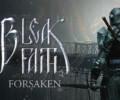
No Comments